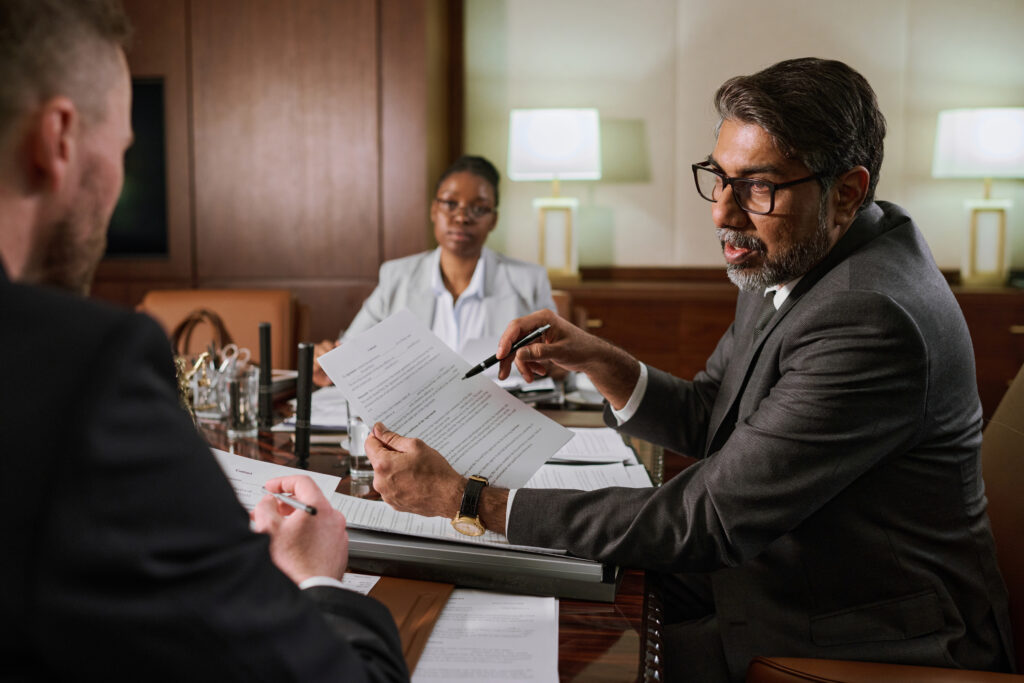What Does a “No Contest” Plea Really Mean in Arizona?

No Contest Pleas in Arizona
At R&R Law Group, our attorneys often receive questions about the different types of pleas available in criminal cases. One that tends to cause the most confusion is the “no contest” plea—also known as nolo contendere. So what does the plea really mean, and in which circumstances does it apply?
No Contest vs. Guilty vs. Not Guilty
In Arizona, and in most jurisdictions, you typically have three options when entering a plea:
- Guilty
- Not Guilty
- No Contest (Rare)
While guilty and not guilty pleas are straightforward, a no contest plea means that you are not disputing the facts presented by the prosecution, but you’re also not admitting guilt. It’s essentially saying, “I am not going to contest the charges or the evidence against me.”
In court, the prosecutor will then provide the judge with a summary of the facts—for example, that you were driving under the influence with a blood alcohol content (BAC) of 0.12%. Based on those uncontested facts, the judge will typically find you guilty.
Is There Any Benefit to Pleading No Contest?
While it may sound similar to a guilty plea (and often has the same legal effect), a no contest plea can be beneficial in certain circumstances.
These include:
- Lack of memory or clarity due to intoxication at the time of the incident
- Passage of time, where the case is old and you genuinely cannot recall the details
- Desire to avoid admitting guilt in a related civil case
However, it’s important to understand that no contest pleas are rarely offered as part of standard plea agreements. Two conditions must be met:
- The prosecutor must agree to allow a no contest plea.
- The judge must approve it, usually after hearing a valid reason from the defendant.
At R&R Law Group, we’ve handled countless cases over the years, and while it’s rare, there are situations where a no contest plea makes sense and serves the client’s best interests. That said, we’ve never seen a judge render a not guilty verdict following a no contest plea—because you’re not contesting the facts, the judge is still likely to enter a guilty finding.
When Should You Consider a No Contest Plea?
If you’re unsure about what happened, if your memory is compromised, or if you’re trying to minimize potential fallout in a civil lawsuit, a no contest plea may be worth discussing with your attorney. But it’s not a default option—and it requires legal strategy and negotiation.
Still Have Questions?
If you’re facing criminal charges and wondering what your best course of action is, including whether a no contest plea might be available or appropriate, contact our team at R&R Law Group. We’re here to guide you through the process, protect your rights, and make sure you understand every option available to you.
Call us today at (602) 497-3088 or fill our our scheduling form for a free case evaluation.
